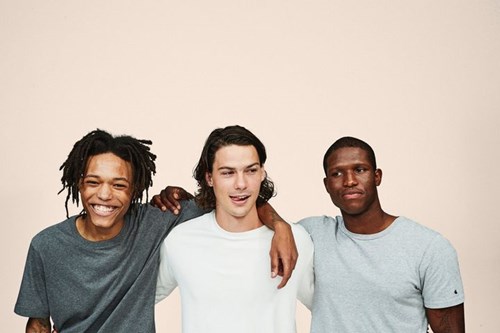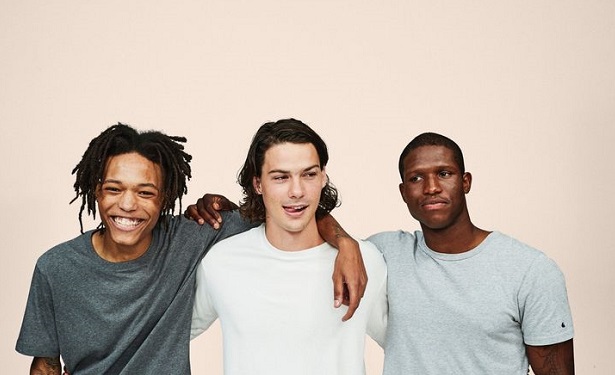Let’s Hear It for the Boy “one day I realised it’s just me against me”
Date: Monday 23 Nov 2020
International Men’s Day isn’t a celebration, it’s a call to action.
The American rapper, songwriter and record producer Kendrick Lamar once said,
“I always thought it was me against the world and then one day I realised it’s just me against me.”
By Daniel Fryer M.Sc., MBSCH at Psychology Today
While we can all be our own worst enemies at times, some challenges tend to affect men a little differently and a little disproportionally. International Men’s Day (IMD) is an event that highlights those differences and disproportions.

The event was founded in 1999 by Dr Jerome Teelucksingh, a history lecturer at The University of the West Indies in Trinidad and Tobago, and has been marked on the 19th of November every year since then. Dr Teelucksingh believed it had the potential to become a global medium to heal our world.
“The concept and themes of International Men’s Day,” he said, “are designed to give hope to the depressed, faith to the lonely, comfort to the broken-hearted, transcend barriers, eliminate stereotypes and create a more caring humanity.”
Supported by men, women and organisations in over 60 countries around the world, IMD not only raises awareness of the educational challenges that both men and boys face at all stages of their lives but also focuses on men’s shorter life expectancy and the fact that they suffer from workplace deaths at a higher rate than women.
It addresses male violence (including rape, sexual exploitation, and domestic abuse) and the survivors of such things. And it focuses on father’s rights, the negative portrayal of men in the media, masculine stereotypes, and the high male suicide rate around the world.
These issues are all important as the statistics for men and mental health are pretty grim.
Here in the U.K., men make up three out of every four suicides. In 2018, 13 men a day were lost this way. Men report lower levels of life satisfaction, according to a government national wellbeing survey.
They are less likely than women to access psychological therapies, are three times more likely than women to become dependent on alcohol, and are three times more likely than women to report frequent drug use. Men are more likely to be sectioned than women and are one-and-a-half times more likely to be victims of violent crime.
There are a lot of reasons for these outcomes, but societal expectations, traditional gender roles, and stereotypes of masculinity all play a part. Because of these things, men are much less likely to talk about their feelings or ask for help in the first place.
When they do ask, due to those stereotypes, what would be diagnosed as depression in women may sometimes be written of as ‘a bit of a low mood’ in men.
When it comes to seeking expert help, it probably comes as no surprise that many men would rather distance themselves, stay silent, and laugh things off. However, things are getting better and men are more open to therapy these days.
Especially when the therapy offered is structured, makes sense, meets their preferences, is easy to access, and is both meaningful and engaging.
For the strong and silent types that still remain, mental health first-aiders are popping up in the most helpful of places.
The Lions Barber Collective, for instance, is an international collection of top blokes and barbers who have come together in a charity that tackles suicide and depression in men.
It turns out that many men would rather open up to a barber than a GP, and the barbers in the collective have not only been trained to spot the early warning signs of mental health issues but also know the right directions in which to point them for further help if needed.
Seeking help is not a sign of weakness, you see. Seeking help is basically common sense. And, however you define yourself, who doesn’t like a bit of that?
So, today, and every day, take a closer look at and take care of your men.
How to help
- Let them know you’re there for them and that you will listen without judgement.
- Keep in touch. Never doubt the difference a text message or a phone call can make.
- Find out about local services, such as talking therapies and support groups, in your area so that you can signpost a friend or family member in need.
- Help them to get help, reassure them, let them know it is okay to ask for help and that support is out there.
- Get them to contact their GP, do it for them even, and offer to accompany them to the appointment if needed.
- Don’t forget to take care of yourself also. Looking after someone else can be difficult. Taking care of your own wellbeing is just as important.

